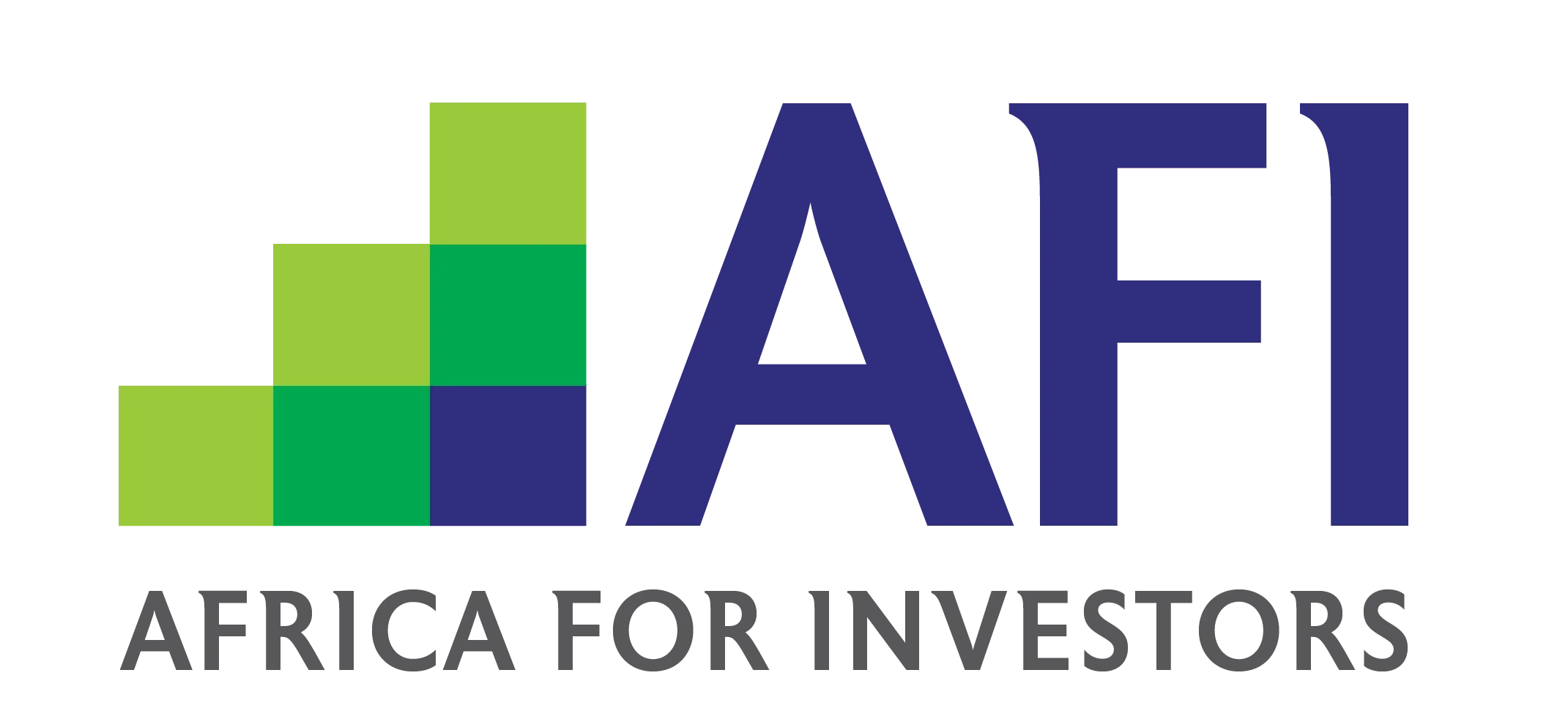
*Note: Name, Email and Phone Number are mandatory.
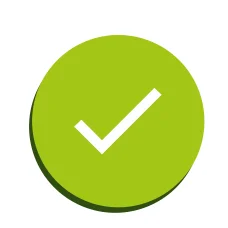
Not all bubbles burst. Some lather into billion-dollar opportunities.
Africa’s soap and detergent industry may not make headlines—but it’s quietly rewriting the rules of emerging market investments. With rising domestic demand, strategic policy shifts and untapped raw materials, this sector signals a new growth story waiting to unfold. For investors seeking opportunity beyond the obvious, this is where the real momentum begins.
The global soaps and detergents market, once driven by rapid consumption in North America and Europe, is beginning to stagnate. According to Grand View Research, the global industry was valued at approximately US$119.3 billion in 2023 and is forecast to grow at a relatively modest 6.5% CAGR between 2024 and 2030.
Mature and emerging soap and detergent markets alike are struggling with unique structural challenges that impact growth and profitability. In economies like the United States, Asia and Europe, market saturation has led to a 6.9% decline in soap exports against 2020 indices, driven by factors such as rising inflation, low population growth and shifting consumer preferences toward sustainable, organic and natural alternatives. At the same time, manufacturers face increasing pressure from high production costs, tighter margins and stringent sustainability regulations.
A similar pattern emerges in the Asia-Pacific region—despite being a high-growth market projected to reach USD 70.6 billion by 2030 with a CAGR of 7.5%, it remains a complex operating environment. Countries like Japan and South Korea are tightening ingredient safety and sustainable packaging regulations, raising compliance costs for producers, while saturated urban markets such as Singapore and Tokyo have slowed demand, intensifying competition around innovation and pricing. In India and Indonesia, local price wars further erode margins, as homegrown brands control more than 50% of the market, making it increasingly difficult for any player, local or global, to secure long-term brand loyalty.
To mitigate these issues, Africa stands ready to fill the gap with scalable capacity and fewer legacy constraints.
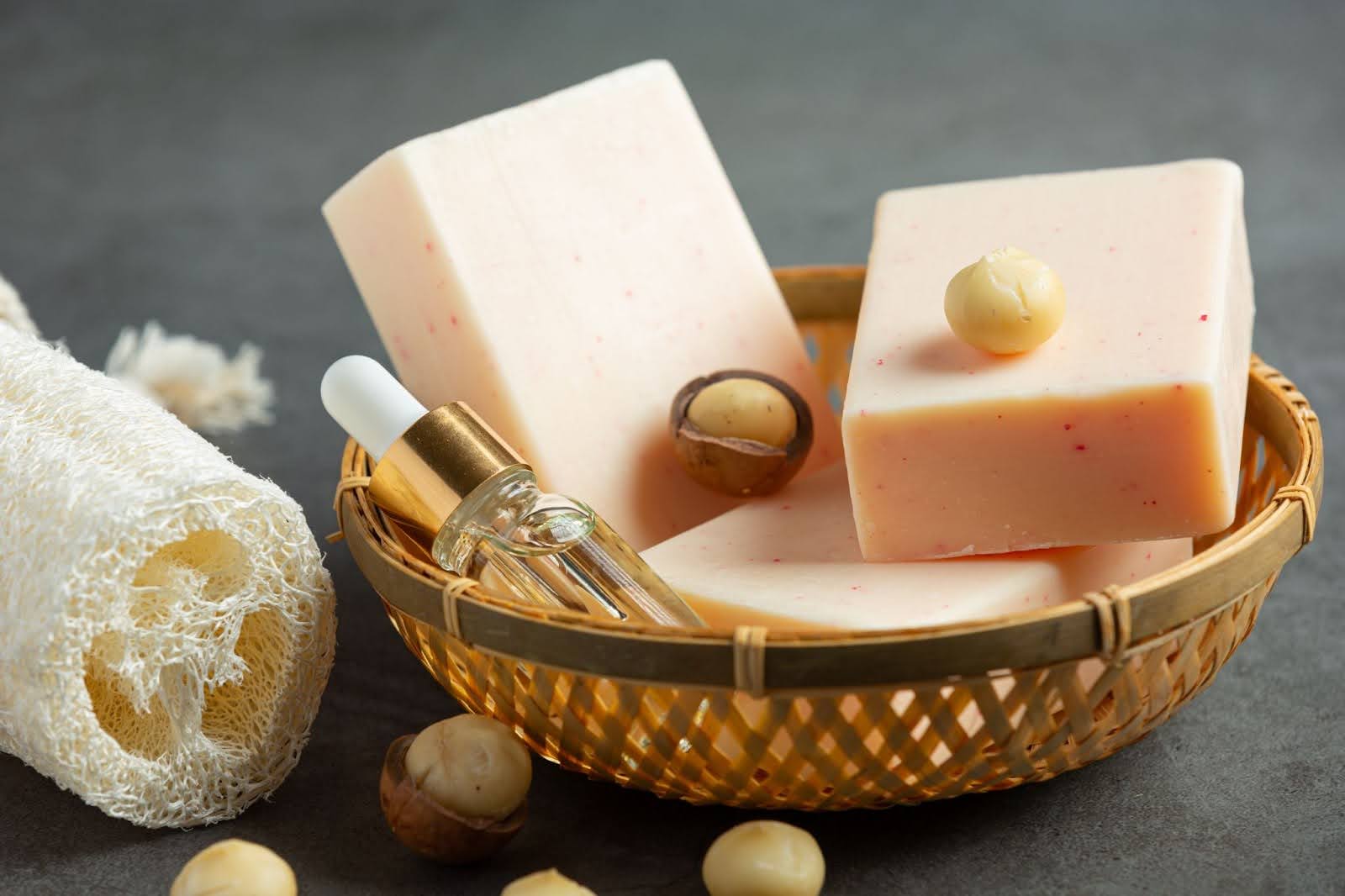
Africa’s soap and detergent market may be growing from a smaller base, but its upward momentum tells a powerful story. Between 2013 and 2024, consumption rose at an average of 3.7% per year and is projected to continue expanding by 3.2% annually until 2035.
Nigeria, Egypt and Ethiopia are leading the charge, accounting for nearly 30% of total African consumption with 2024 volumes at 4.0 million, 2.1 million and 1.8 million tons respectively.
So what’s behind this upward trend? A fast-growing, youthful population is one. With Africa’s urban population expected to reach 60% by 2050, there’s a rising appetite for premium, branded hygiene solutions. The post-pandemic focus on cleanliness and public health has further reinforced a sustained demand curve and not just a temporary spike.
And this demand isn’t uniform. Basic soaps dominate in volume, but detergent powders and liquids are catching on quickly with urban middle-class consumers. Meanwhile, specialty products—from halal and organic soaps to those enriched with shea butter—are gaining traction in high-margin export markets.
Brand loyalty is also beginning to shift. Locally-made, quality-assured products are building stronger customer bases than imports. Newer sub-segments such as baby-safe, antibacterial and halal-certified products are opening new doors for manufacturers.
While traditional manufacturing hubs wrestle with bloated logistics, shrinking margins and complicated compliance landscapes, Africa is rising with an unmatched strategic edge: plentiful resources, growing local demand, improving infrastructure and a climate welcoming to investors.
Africa’s natural abundance directly feeds the soap and detergent value chain. West and Central Africa lead in palm oil production—Nigeria alone yields about 1.4 million tons annually, the continent’s highest. Côte d’Ivoire and Ghana add roughly 600,000 and 300,000 tons each. Nigeria’s substantial livestock population—over 21 million head of cattle—ensures a steady supply of tallow and grease, essential for soap manufacturing.
Meanwhile, Kenya’s Lake Magadi, operated by Tata Chemicals, extracts soda ash from trona—a key input in detergent production—giving East Africa a robust chemical foundation. With many of these inputs available locally, manufacturers can reduce dependence on imports, lower their cost base and build more resilient, regionally-integrated supply chains.
Despite rising demand, Africa still heavily depends on imports. In 2024, imports were around 906,000 tons, compared to only 2.2 million tons of local production. Some estimates suggest up to 70% of African soap and detergent consumption is imported.
This shortfall signals a massive opportunity for local manufacturing. Key producers like Nigeria (3.9 M tons), Egypt (2.1 M tons) and Kenya (1.7M tons) account for 33% of the total production combined, showing both progress and room for decentralization. Exports remain modest, at around 415,000 tons valued at $580 million in 2024, but leaders like Côte d’Ivoire, Kenya, South Africa and Ghana are already gaining ground.
Africa’s logistics ecosystem is rapidly evolving. Ports provide global connectivity and Road and rail projects are linking key economic hubs. Free Zones such as Tanger Free Zone and Djibouti FTZ are streamlining trade processes and reducing costs.
| AFRICA’S LOGISTICS ECOSYSTEM | |
|---|---|
| Sea Ports | Tanger Med, Morocco (4.8M TEU) Durban, South Africa (2.7M TEU) Mombasa, Kenya (1.1M TEU) |
| Rail & Road Projects | Abidjan-Lagos Motorway Mombasa-Nairobi Standard Gauge Railway |
Africa is rolling out the red carpet for investors and governments, across the continent, are coming forward to make it easier and more rewarding to do business.
Countries like Rwanda have transformed ease of doing business through reforms in licensing, registration and taxation—resulting in a 60% rise in private investment and 40% increase in FDI over eight years.
Nigeria’s Pioneer Status Incentive offers corporate tax relief to new manufacturers.
Ghana’s Free Zones Act exempts VAT and import duties for export-focused firms. Kenya’s SEZ program grants a 10-year tax holiday to exporters.
Africa is also deeply integrated into global trade systems. Agreements like AfCFTA, AGOA, and EU EPAs allow African-made products to enter major markets—US, EU, and others—duty-free. Africa’s imminent single market, AfCFTA, covers 1.7B people means locally-made goods can be sold tariff-free across the continent in 54 countries, massively expanding scale. A World Economic Forum report notes African business and consumer spending may reach $6.7 trillion by 2030 under AfCFTA leading to a vast market for soap and detergent products.
ARISE IIP is leading the charge in bridging investor expectations with local realities. One standout project is the Glo-Djigbé Industrial Zone (GDIZ) in Benin. Developed by ARISE IIP, this zone offers plug-and-play infrastructure, streamlined logistics and end-to-end supply chain support. With vertically integrated setups, even soap and detergent manufacturers can connect to oil suppliers and packaging units in one hub. This integrated model cuts costs, shortens time-to-market and eliminates red tape—giving manufacturers a competitive edge.
Investing in Africa’s soap and detergent sector is no longer complex. Thanks to industrial parks like those developed by ARISE IIP, the entry process has been de-risked.
Start by choosing the country or region with favorable policies and strong demand—Nigeria, Kenya or Côte d’Ivoire are strong contenders. Partner with ARISE IIP or similar platform developers to gain access to ready infrastructure, labor pools and incentives. Establish production units within SEZs to benefit from tax holidays, duty exemptions and export support. Whether greenfield or joint ventures, setups can be fully operational within months.
Africa is no longer a frontier. It’s a rising force shaped by growing consumer demand, abundant raw materials and modern infrastructure primed for industrial scale-up. While traditional markets wrestle with saturation and shrinking margins, Africa is building momentum with untapped opportunity.
Smart investors know the difference between a trend and a turning point. The soaps and detergents sector in Africa isn’t just a growth story—it’s a strategic opening.
1. Why is Africa a promising region for soap and detergent manufacturing?
Africa combines rising demand, abundant raw materials like palm oil and tallow, and supportive policies. Its growing urban population and hygiene awareness are creating sustained market expansion opportunities.
2. What countries in Africa are leading in soap and detergent consumption?
Nigeria, Egypt and Ethiopia are the top consumers in Africa, accounting for nearly 30% of the continent’s total usage, driven by population growth and urbanization.
3. Are there tax incentives for setting up soap manufacturing units in Africa?
Yes, countries like Nigeria, Kenya and Ghana offer tax holidays, VAT exemptions and import duty waivers, especially for businesses operating in Special Economic Zones (SEZs).
4. How is ARISE IIP helping international investors enter Africa’s hygiene sector?
ARISE IIP provides turnkey industrial zones with ready infrastructure, supply chain integration and reduced bureaucratic hurdles—accelerating time-to-market and de-risking entry.
5. Is the African market ready for premium or specialty hygiene products?
Absolutely. Urban middle-class consumers are embracing liquid detergents, organic soaps and niche products like halal-certified or baby-safe solutions, opening high-margin opportunities for brands.
6. What’s the biggest challenge in Africa’s hygiene manufacturing landscape?
Currently, heavy reliance on imports is the biggest gap—presenting a large opportunity for local production to scale and meet rising demand efficiently.
#InvestInAfricaNow
Choose the best investment opportunities and set up your business in Africa's world class industrial zones today, securing a prominent position in the global market.
Get in touch with our Africa investment specialists or support team and expand your business in Africa today!
recommended topics
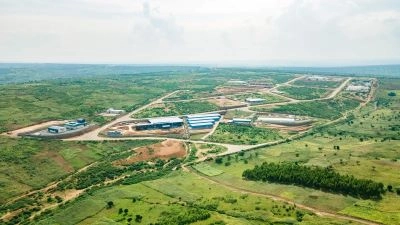
Discover prime locations across Africa for lucrative investment opportunities and strategic growth.
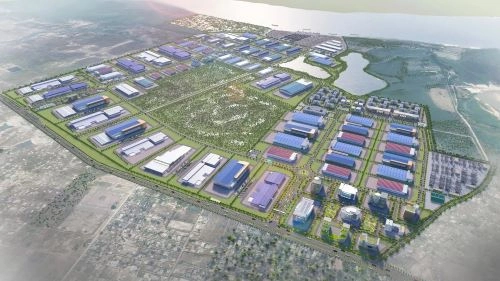
Explore key investment zones in Africa that offer strategic advantages and economic benefits.
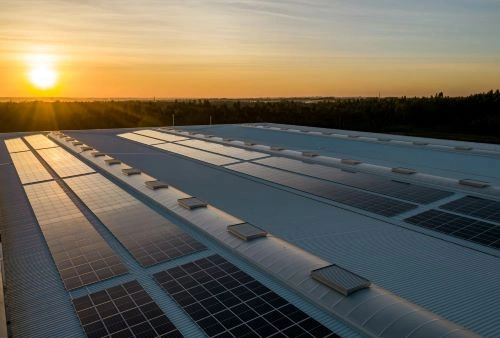
Uncover the best investment opportunities in Africa to maximize your business potential.
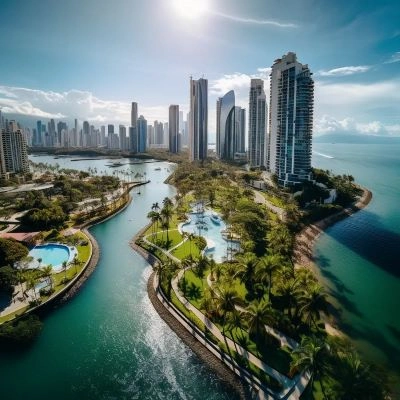
Identify the most promising sectors in Africa for high returns and sustainable investments.
Compare
Dear investor, please compare similar category items- either Locations or Opportunities.
*Already subscribed.
*Enter your name/email.

Sign up for exclusive investment alerts.
Already subscribed? Skip
Thank You For Subscribing to
Africa For Investors.

You will be redirected to AFI’s Linkedin Profile in 10 seconds.
Stay On AFI Website